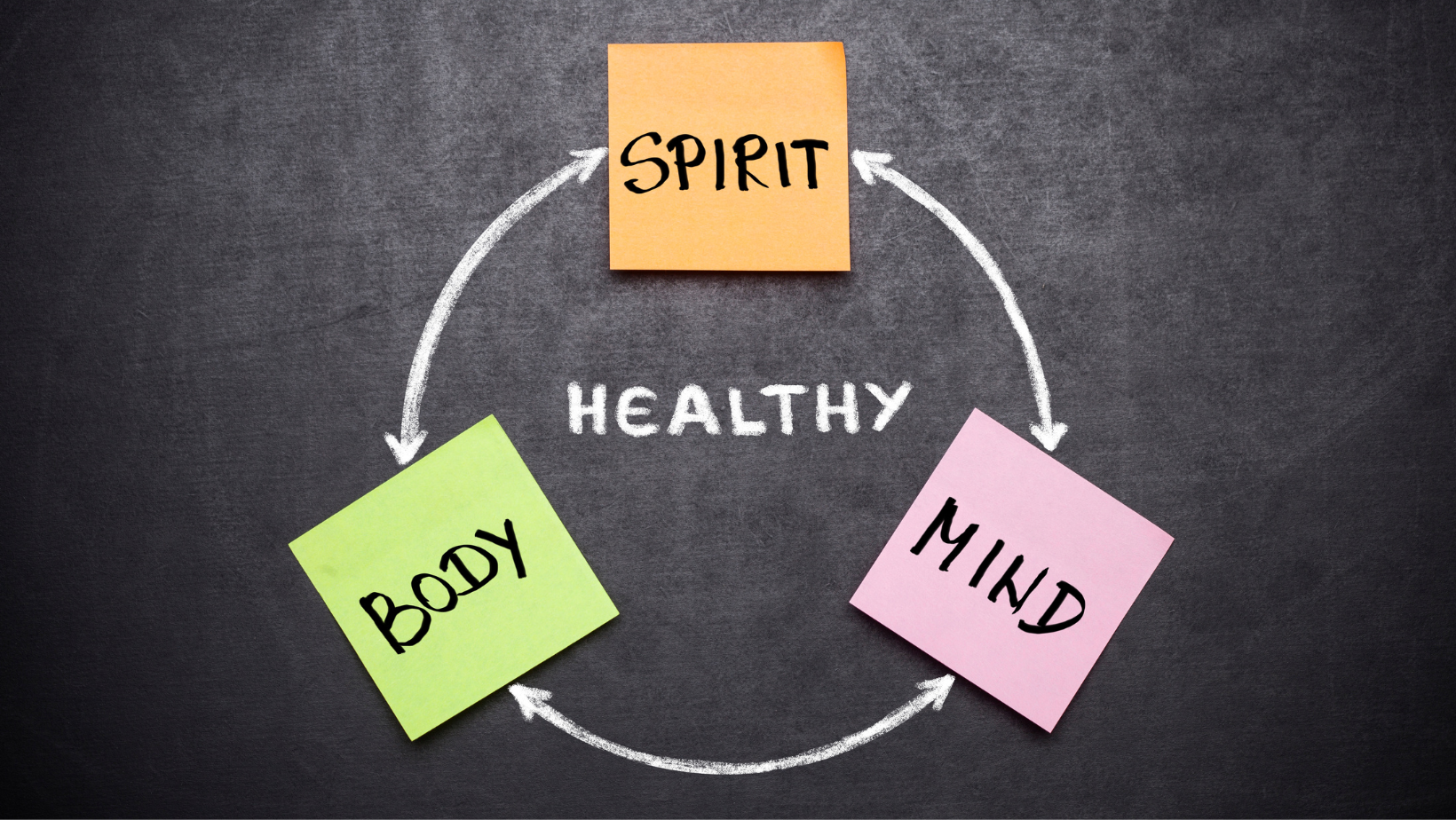
I'm excited to kick off another week by sending you a dose of inspiration and motivation. My goal is simple: to fill your inbox with valuable thoughts, updates, and the positive energy you need to conquer the week ahead. Your feedback and thoughts mean a lot to me, so don't hesitate to reply !
Today I want to talk to you about something a little different, and share a technique I have used with many of my clients.
Something we all know and love....
??? FOOD ???
Let's talk about a universal truth – who doesn't love a good meal out or a delicious takeaway? There's something magical about those moments when your favorite dish arrives, and you can finally indulge in a meal that feels like a warm hug for your taste buds. ( Friday night Pizza for me ! )
Whether you're a devoted fan of takeaways or find your bliss in the sweet embrace of a bun with your morning coffee - we all have our unique food love stories.
But, here's the flip side – while indulging in our favorite treats is a vital part of living a flavorful life, it becomes a bit tricky when our love for food starts affecting our health.
Many of us find ourselves facing the very difficult challenge of maintaining a healthy weight, and that's where the real journey begins.
In the spirit of fostering a positive relationship with food, let's explore how we can enjoy our culinary delights without compromising our well-being. It's all about finding that sweet spot where our love for food coexists with our health goals. Taking you from Emotional Eating to Mindful Eating.
Affirmation of the week.. ?
"I honor my body with mindful choices, cultivating a positive and nourishing relationship with food."
What is Emotional Eating?
Emotional eating refers to the consumption of food as a response to emotional triggers rather than physiological hunger.
Individuals engage in emotional eating to cope with various emotions such as stress, overwhelm, sadness or boredom.
It often involves seeking comfort or distraction through food, and the consumption is driven by emotional needs rather than nutritional requirements. Emotional eating can become a habitual pattern, and addressing it typically involves recognising and managing the underlying emotions, developing alternative coping strategies, and fostering a more balanced relationship with food.
When we consume food, especially those with lower nutritional value, the release of neurotransmitters like dopamine and serotonin in the brain plays a pivotal role in shaping our future eating behaviours. Foods high in sugars and refined carbohydrates may provide a temporary surge in pleasure and satisfaction due to the rapid release of dopamine, contributing to a sense of reward and pleasure.
However, these types of foods often lack the sustained nutritional content needed to keep us feeling full and satisfied over an extended period.
What is Mindful Eating?
Mindful eating is a practice that involves cultivating a heightened awareness and presence during meals. It emphasises being fully engaged with the sensory experience of eating, including the taste, texture, and aroma of food, as well as recognising and responding to hunger and fullness cues. The goal of mindful eating is to bring a non-judgmental, intentional focus to the act of consuming food, fostering a healthier and more mindful relationship with eating and overall well-being.
Today’s fast-paced society offers people an abundance of food choices. On top of that, distractions have shifted attention away from the actual act of eating toward televisions, computers, and smartphones.
Eating has become a mindless act, often done quickly. This can be problematic since it takes time for your brain to register that you’re full. If you eat too fast, the fullness signal may not arrive until you have already eaten too much. This is very common in binge eating disorder.
By eating mindfully, you restore your attention and slow down, making eating an intentional act instead of an automatic one.
Building a more positive relationship with food may be quite straight forward for some but very difficult for others. However, there are many simple ways to get started, some of which can have powerful benefits on their own:
- Eating more slowly — not rushing your meals.
- Chewing thoroughly.
- Eliminating distractions; for example, turning off the TV and putting down your phone.
- Focusing on how the food makes you feel.
- Stopping eating when you’re full.
- Asking yourself why you’re eating, whether you’re truly hungry, and whether the food you chose is nutritious.
To begin with, it’s a good idea to pick one meal per day to focus on these points.
Once you feel confident in practicing the techniques, mindfulness will become more natural. Then you can focus on implementing these methods during more meals.
If you feel like you need more support on this – please don’t hesitate to reach out.
I hope this helps you in some way today !
“The key to a joyful life is found in the balance of a healthy Mind, Body & Soul”
